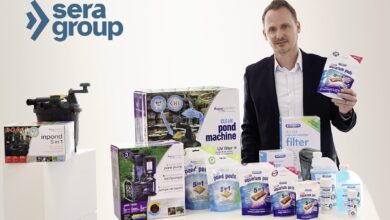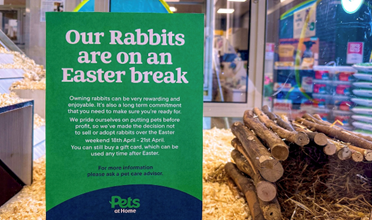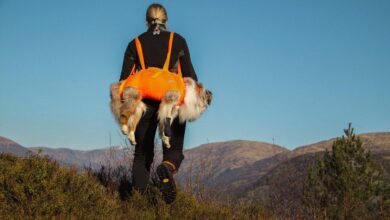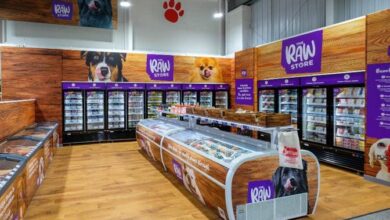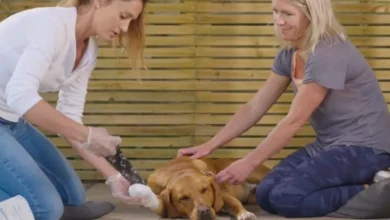OATA urges government to clarify guidelines for aquatic retailers amid Covid-19 crisis
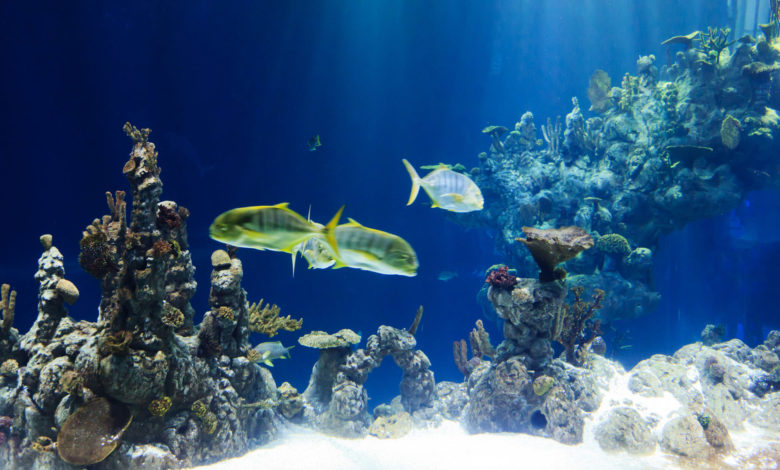
The CEO of the Ornamental Aquatic Trade Association (OATA) has written to the government to clarify whether furloughed staff can volunteer to care for aquatic livestock whilst “off work” amid the Covid-19 pandemic.


